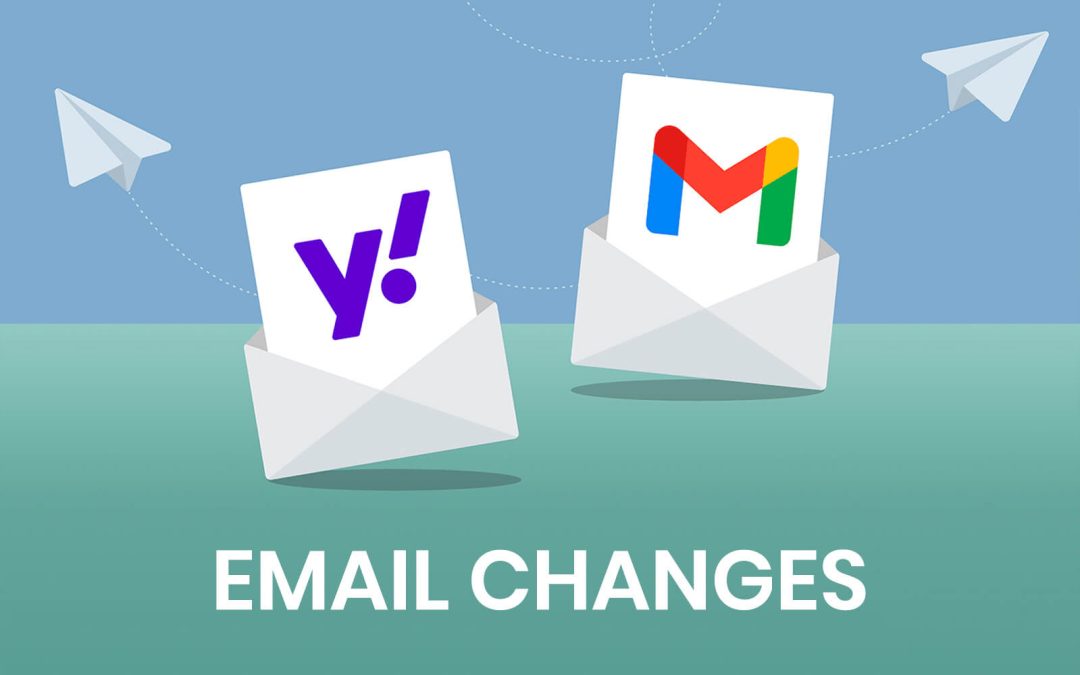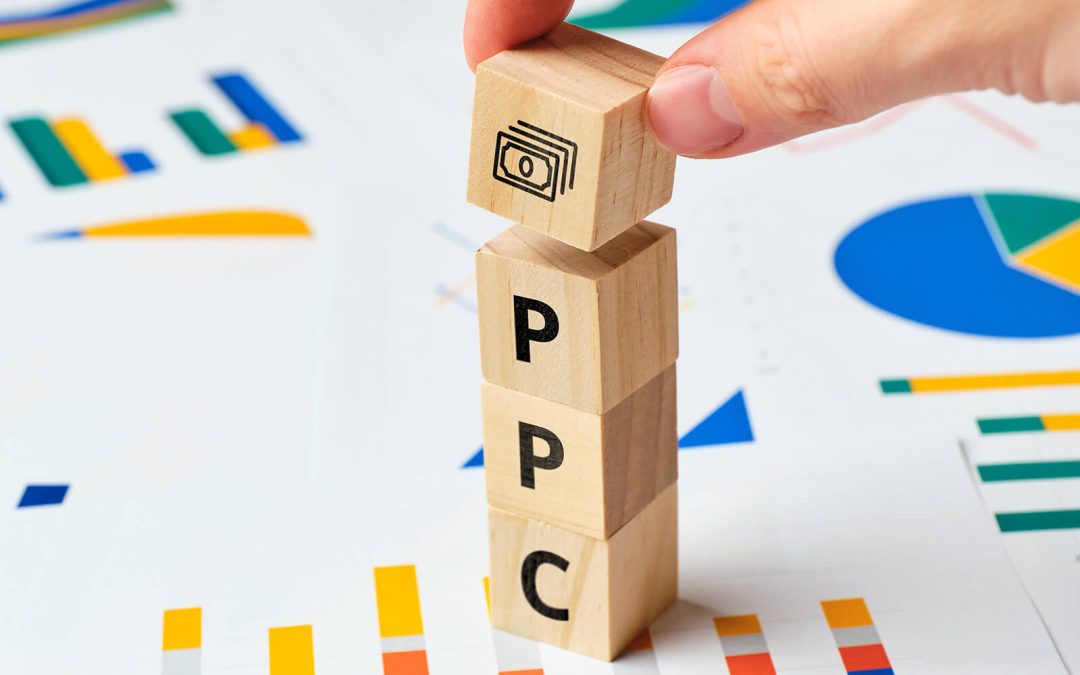What Is a DIY Website Builder?
A DIY website builder is an accessible online program that allows you to start adding components such as text, images, and videos to a custom site. It’s usually free and helps you create a website without needing to know HTML or coding. Having a DIY website cuts out the need to have a web developer and saves money in the beginning stages of a business.
What Are the Advantages of a DIY Website?
There are several advantages of having a DIY website:
- It’s cost-effective. Some offer free plans if you don’t use a custom domain. Others offer a low cost monthly payment. The most popular website builders at the moment are Blogger, Wix, Squarespace, IM Creator, and Weebly. Some of these will offer a free trial so users can get a sense of which is best for them.
- Most of these programs offer free hosting. This means you don’t have to buy hosting, and you also don’t have to worry about setting up configuration and security updates for a hosting program.
- You don’t need to know how to code. Coding and HTML are skills that used to be an obstacle that stopped people from creating a website, but, now, anyone can start their own site.
- Website builders come with many features. There are plenty of DIY website builders out there, but popular programs have many features that businesses can use. For instance, Wix has hundreds of pre-made templates you can apply to your website with the click of a button.
What Are the Disadvantages of a DIY Website Builder?
Although there are many advantages to having a DIY website, it also has severe limitations. These include:
- No backup. Most builders, with the exception of Weebly and IM Creator, don’t allow a full backup of your site. This means you’ll have to stay with the same program or risk losing your content if you move to another program.
- There is a learning curve. Some programs such as Wix can become a little complex as you dive deeper, so it takes time to become accustomed to it.
- Limited customization. Websites may offer pre-made templates, but they aren’t fully customizable, which can be a problem if you need a certain feature on your site or if you want your website to stand out from your competitors.
- Shared hosting. This means you don’t have complete control over your content. If you violate the terms and conditions, the website builder has the right to shut your site down.
- Slower loading. Since you are sharing your hosting with other websites, this results in slower loading times. Loading times are important in keeping a potential customer interested; if the site takes too long to load, they may leave for another site.
- Some features cost money. Some website builders require you to buy a plan to have more space or own a domain. This can end up being costlier in the long run than if you had hired a company to build your website.
Building Your Own Website
With all the pros and cons, people still may prefer to build their own website because of its convenience and lower costs. For someone who is extremely tech savvy, a DIY website could be an option, but it comes with serious risks. The learning curve of building a website, the limited ability to customize, and the complex nature of website building make a DIY website a big risk for businesses.
Sometimes the look of a professional and custom website may be what you need to create a strong online presence for your business. Choosing a company such as ours can take the work completely off of your hands. You can allow us to do everything for you.



